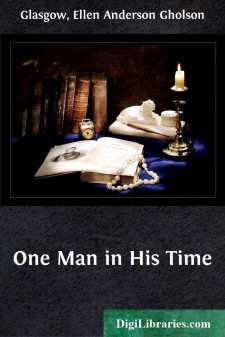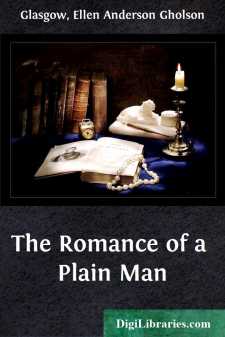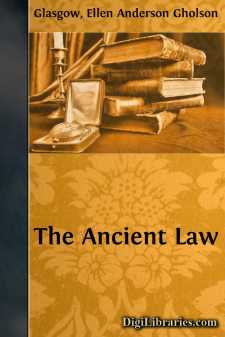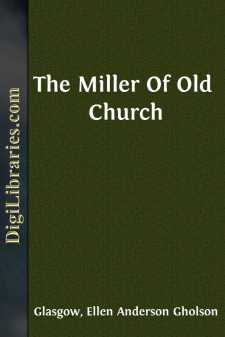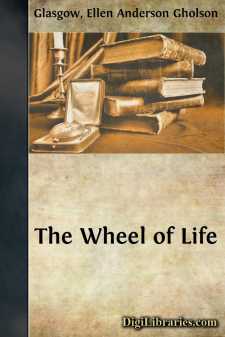Categories
- Antiques & Collectibles 13
- Architecture 36
- Art 48
- Bibles 22
- Biography & Autobiography 813
- Body, Mind & Spirit 142
- Business & Economics 28
- Children's Books 15
- Children's Fiction 12
- Computers 4
- Cooking 94
- Crafts & Hobbies 4
- Drama 346
- Education 46
- Family & Relationships 57
- Fiction 11828
- Games 19
- Gardening 17
- Health & Fitness 34
- History 1377
- House & Home 1
- Humor 147
- Juvenile Fiction 1873
- Juvenile Nonfiction 202
- Language Arts & Disciplines 88
- Law 16
- Literary Collections 686
- Literary Criticism 179
- Mathematics 13
- Medical 41
- Music 40
- Nature 179
- Non-Classifiable 1768
- Performing Arts 7
- Periodicals 1453
- Philosophy 64
- Photography 2
- Poetry 896
- Political Science 203
- Psychology 42
- Reference 154
- Religion 513
- Science 126
- Self-Help 84
- Social Science 81
- Sports & Recreation 34
- Study Aids 3
- Technology & Engineering 59
- Transportation 23
- Travel 463
- True Crime 29
One Man in His Time
Categories:
Description:
Excerpt
THE SHADOW
The winter's twilight, as thick as blown smoke, was drifting through the Capitol Square. Already the snow covered walks and the frozen fountains were in shadow; but beyond the irregular black boughs of the trees the sky was still suffused with the burning light of the sunset. Over the head of the great bronze Washington a single last gleam of sunshine shot suddenly before it vanished amid the spires and chimneys of the city, which looked as visionary and insubstantial as the glowing horizon.
Stopping midway of the road, Stephen Culpeper glanced back over the vague streets and the clearer distance, where the approaching dusk spun mauve and silver cobwebs of air. From that city, it seemed to him, a new and inscrutable force—the force of an idea—had risen within the last few months to engulf the Square and all that the Square had ever meant in his life. Though he was only twenty-six, he felt that he had watched the decay and dissolution of a hundred years. Nothing of the past remained untouched. Not the old buildings, not the old trees, not even the old memories. Clustering traditions had fled in the white blaze of electricity; the quaint brick walks, with their rich colour in the sunlight, were beginning to disappear beneath the expressionless mask of concrete. It was all changed since his father's or his grandfather's day; it was all obvious and cheap, he thought; it was all ugly and naked and undistinguished—yet the tide of the new ideas was still rising. Democracy, relentless, disorderly, and strewn with the wreckage of finer things, had overwhelmed the world of established customs in which he lived.
As he lifted his face to the sky, his grave young features revealed a subtle kinship to the statues beneath the mounted Washington in the drive, as if both flesh and bronze had been moulded by the dominant spirit of race. Like the heroes of the Revolution, he appeared a stranger in an age which had degraded manners and enthroned commerce; and like them also he seemed to survey the present from some inaccessible height of the past. Dignity he had in abundance, and a certain mellow, old-fashioned quality; yet, in spite of his well-favoured youth, he was singularly lacking in sympathetic appeal. Already people were beginning to say that they "admired Culpeper; but he was a bit of a prig, and they couldn't get really in touch with him." His attitude of mind, which was passive but critical, had developed the faculties of observation rather than the habits of action. As a member of the community he was indifferent and amiable, gay and ironic. Only the few who had seen his reserve break down before the rush of an uncontrollable impulse suspected that there were rich veins of feeling buried beneath his conventional surface, and that he cherished an inarticulate longing for heroic and splendid deeds. The war had left him with a nervous malady which he had never entirely overcome; and this increased both his romantic dissatisfaction with his life and his inability to make a sustained effort to change it....


